Highland police officer numbers have fallen to their lowest number in at least five years, despite the A9 recording its highest death toll in 20 years.
Police figures show the number of local police officers across the north is now at the lowest level since 2017.
Local police officers are responsible for community issues, quick responses and road policing.
In 2017, the number of officers in the Highlands and Islands Division was 642, in 2018 it was 642 again, in 2019 it rose to 669, but in 2020 it fell again to 652, and in 2021 it was 659.
But according to the latest figures on the police’s website, in 2022 it fell to just 624.
The number of officers in the dedicated national road policing unit has also fallen in recent years. A freedom of information request revealed in 2014/15 there were 596 full-time officer equivalents, but in 2021/2022 this had fallen to 556.
The specialist road policing unit has dedicated bases in the Highlands in Dingwall and Fort William.
How dangerous has the A9 been this year?
The reduction in Highland police officers comes as the Perth to Inverness section of the A9 has recorded 13 deaths this year – its highest number in 20 years.
Overall, there have been 17 deaths on the full length of the road, 12 of which happened in the Highland region.
The casualties included a two-year-old and his grandparents south of Inverness in July.
There have been concerns surrounding safety on the A9, which is Scotland’s longest road, for decades.
But Transport Scotland recently recognised the “concerning” increase in fatalities.
Last month, the agency announced a £5 million safety package to improve road markings, signs and educating foreign drivers to drive on the left.
Road safety has also been raised in the long-running debate around the delivery of the A9 dualling programme.
‘We patrol the A9 every day’
Police say they have faced “challenges” with resources over the past few months.
A spokesman stressed the current model allows for nationwide resources to be “flexed” to deal with any emerging incidents and officer numbers are subject to regular review.
He said: “We work tirelessly to improve road safety for all users across Scotland and recognise that any death is a tragedy.
“We have dedicated patrols every day on key routes such as the A9 to positively influence driver behaviour and respond to community concerns.
“Every death on the roads involves a unique set of factors which are fully investigated by specialist road policing officers. It is simply not accurate to draw a link between officer numbers in Highland and Islands Division and serious incidents on the A9.
“Police Scotland is committed to improving road safety by continuing to educate road users, improve driver behaviour, carry out enforcement and work alongside our road safety partners.”
What does the Scottish Government say?
The Scottish Government said while the deployment of officers is the chief constable’s decision, the government was committed to supporting the police.
Between now and 2025 the government has committed £5 million in additional road safety measures for the A9 with an immediate investment of £600,000 to improve safety by April 2023.
A spokesman said: “Our sympathies are with everyone who has lost a loved one on Scotland’s roads.
“Police officer numbers in Scotland are still higher per head of population than in other parts of the UK.”
‘A9 safety a low priority for SNP’
However, Scottish Conservative shadow transport secretary Liam Kerr accused the Scottish Government of not prioritising A9 safety.
He said: “This shocking drop in the number of road policing officers exposes just how low a priority safety on the A9 is to the SNP government.
“Our road traffic police work tirelessly day and night to keep the public safe on Scotland’s most dangerous road, yet they are being let down appallingly.
“These unacceptable cuts are putting road users at risk while allowing more criminals to break the law on routes across the Highlands.
“People like to be reassured by a strong police presence on our roads but these shameful cuts from the Scottish Government send the opposite message.
“We would ensure that our police have the numbers, resources and funding they need to keep Scotland safe with our Local Policing Act.”
The act would require police to set local targets for the number of hours police spend patrolling the streets and report on their progress.
Neil Bibby, Scottish Labour’s transport spokesman, said: “Making our roads safe is reliant on a number of factors and police enforcement is a key factor.
“The rise in road deaths on the A9 is a serious concern and the correct response should be to increase the police presence, not decrease it.
“The welfare of motorists does not seem to be a priority for this SNP-Green government. These figures demand action.”
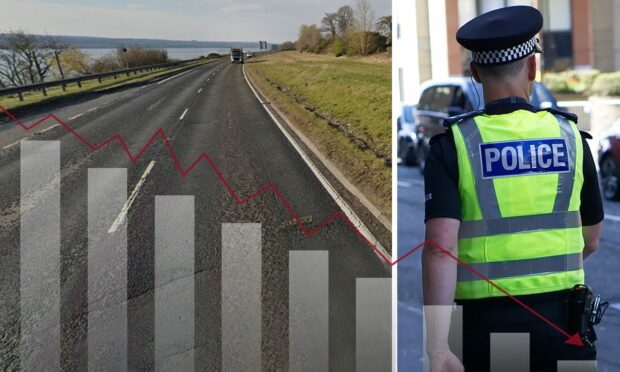
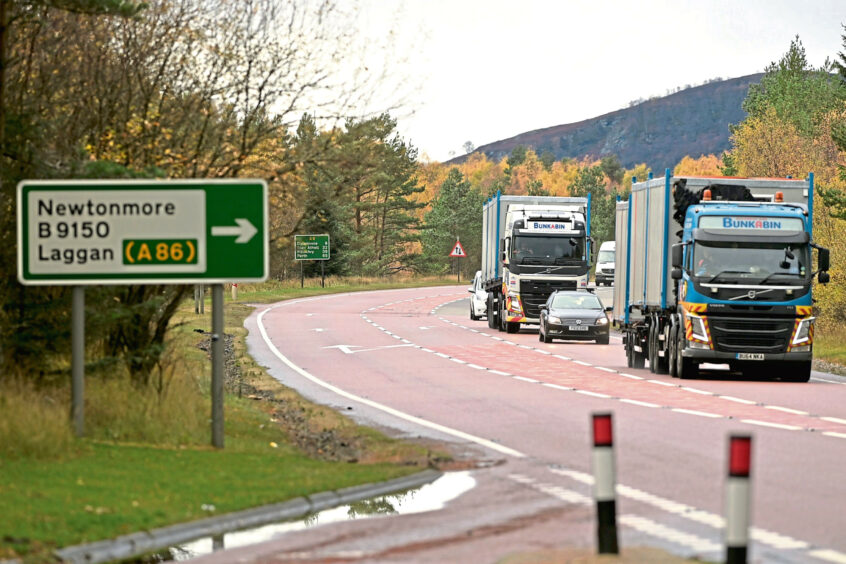
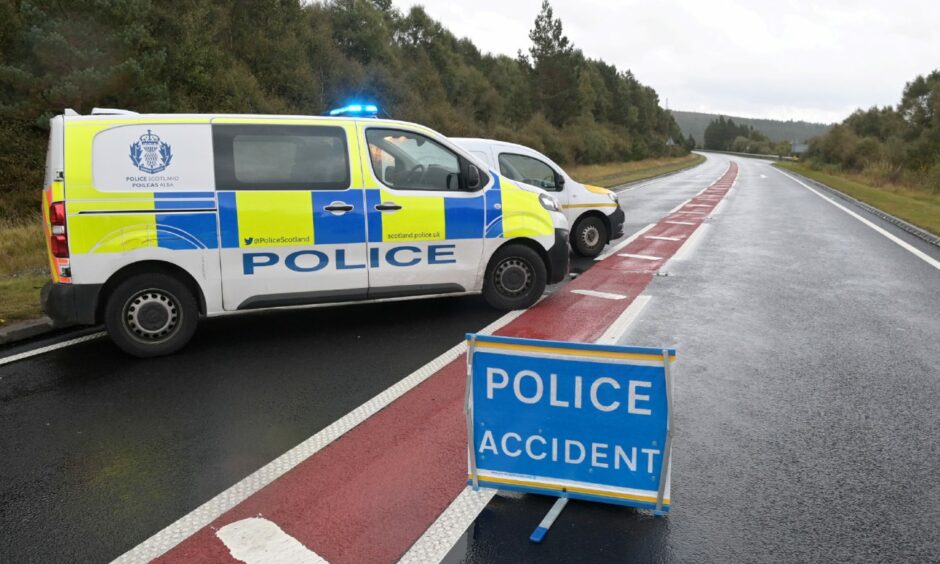
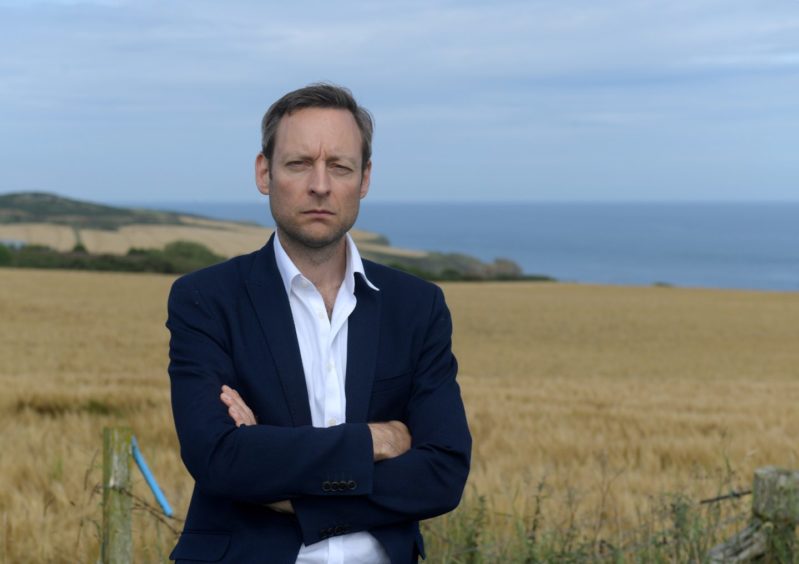
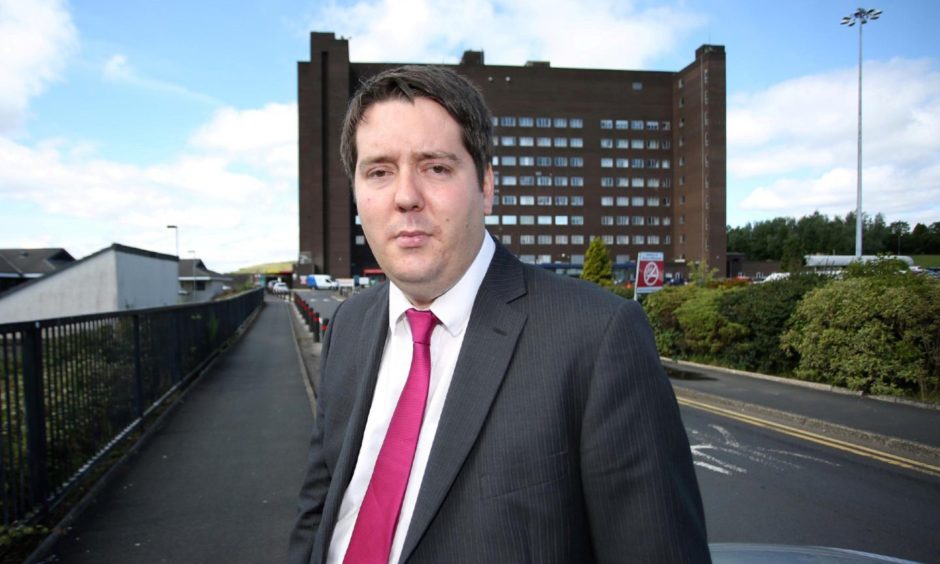
Conversation